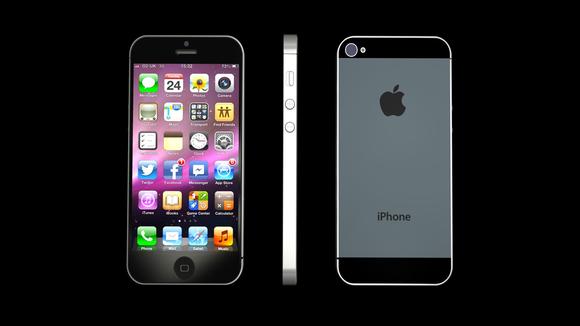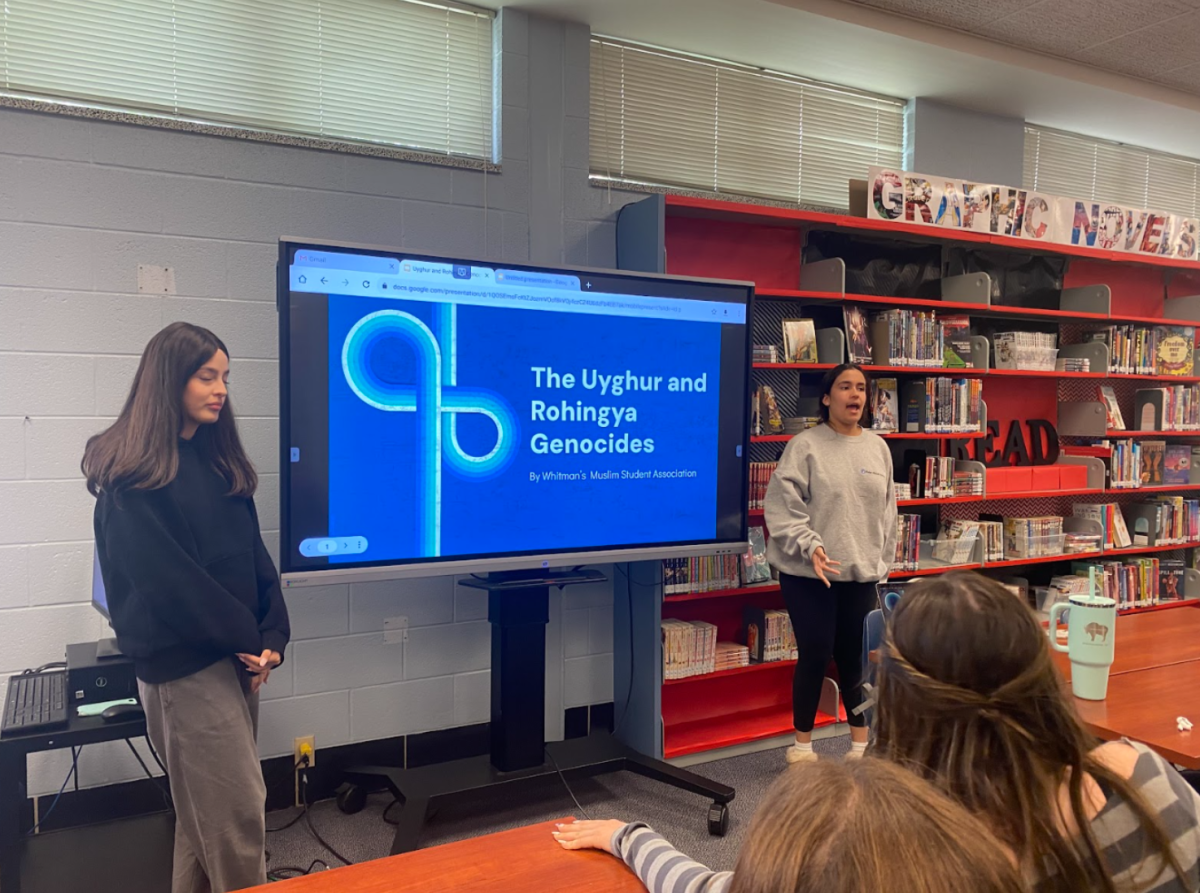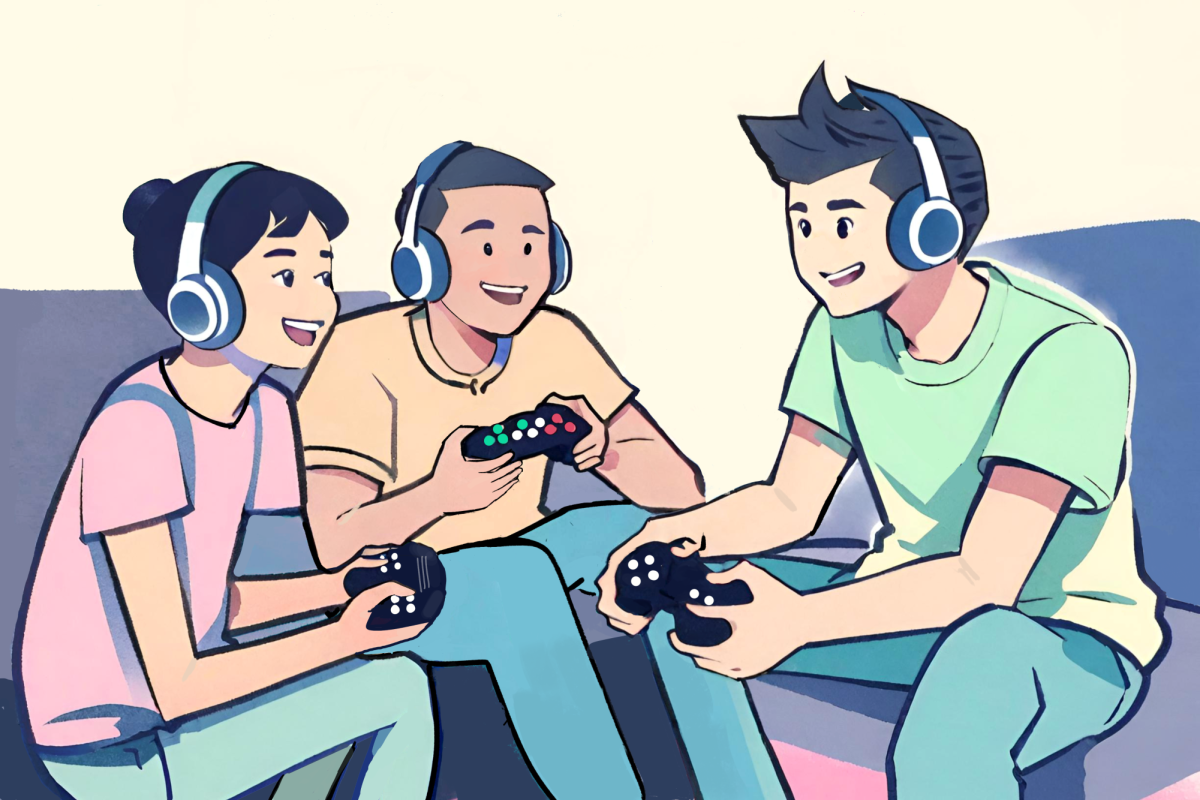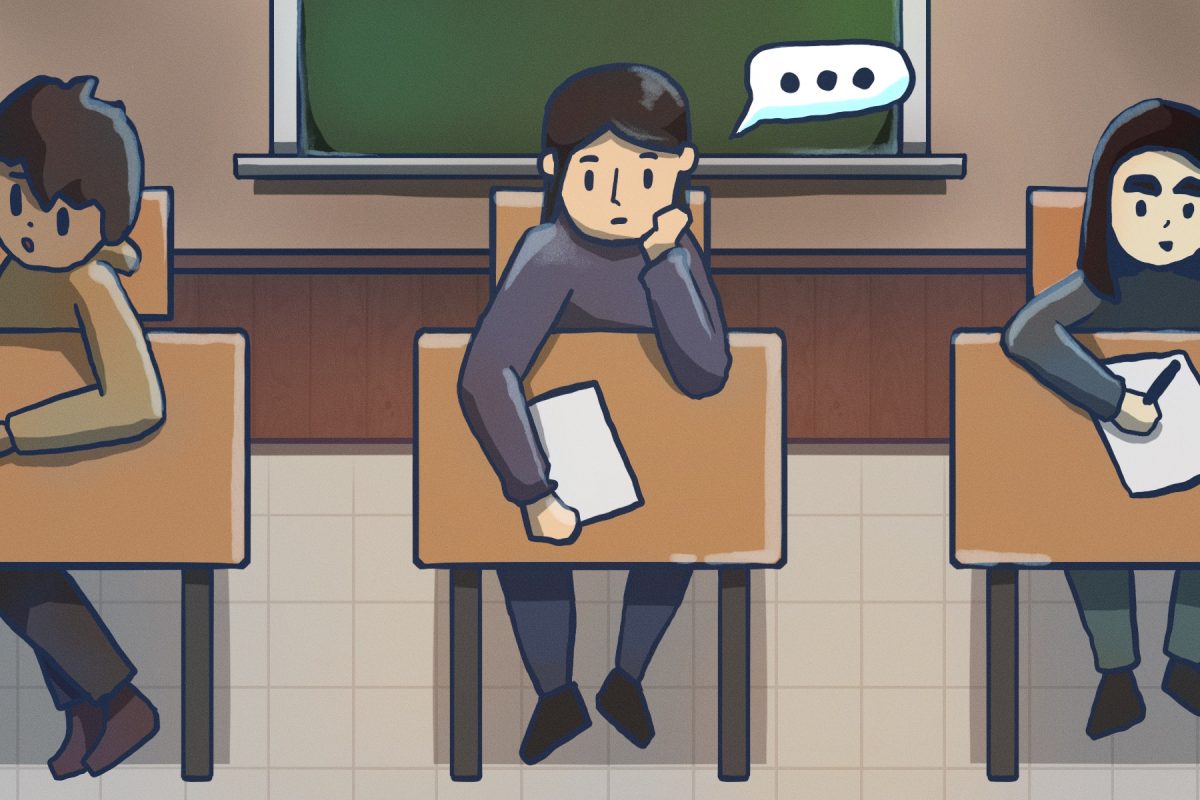It seems Apple is the new Paris Hilton of the technology world, but instead of suing for the phrase “that’s hot,” as Paris did in 2009, it’s suing for the use of hot new technology.
Intellectual property rights are important — they help protect the little people from large corporations that can steal their ideas and mass produce them for a much cheaper price, and they give credit to inventors who come up with ingenious ideas. But at a certain point patents can cross the line from protective to borderline abusive, and can inhibit innovation. This is the case with the Apple v. Samsung lawsuit.
Last month, Apple beat Samsung in a lawsuit that accounted for more than 1.05 billion dollars, the most expensive patent lawsuit in history. Apple claimed that Samsung violated seven of its patents, six of which were found by the court to be violated by Samsung. So, what egregious idea theft was worth 2.5 billion dollars?

The “stolen” features include pinch zooming, tap zooming, and bounce scrolling, along with design features like the rectangular shape of the iphone and its rounded square icons.
That’s right — Samsung paid millions of dollars to Apple for using squares. If this sounds a bit ridiculous, it’s because it is. Apple can’t possibly believe that it’s the first company to use “rounded squares” in product design. From the first square dialing keys on old Nokias, rectangles with squares on them have been a part of cell phones since their invention in the 1940s. Apple can hardly claim that its incorporation of such an iconic and historically-used shape is a patent-worthy invention.
But it did. So if any other companies decide to make rectangular phones with square icons, there will be a steep price to pay.
Although I’m not a fan of the squares patent, I do think that Apple engineers deserve compensation for some of their more ingenious design features, like pinch and tap zooming. Although these features might seem obvious and commonplace to us, its important to remember that they didn’t exist before Apple engineers invented them. These simple and intuitive features are used significantly in everyday life. In fact, it’s hard to imagine a smartphone without them.
The real question is not whether patents, when used correctly, are a good thing; the question is how these highly targeted patent wars will affect the consumers. Arguments over the long term effects of Apple’s victory over Samsung have been varied. While most say it will hinder innovation by forcing designers to jump through a myriad of hoops just to avoid stepping on Apple’s patented toes, others, like Harvard Business School professor Bill George, have been more optimistic. It’s possible that phone companies will be encouraged to innovate more to avoid patenting issues, which could lead to a more varied and diverse market of phones and tablets (presumably with a lot more circles), George argued.
What worries me about this lawsuit is that it wasn’t aimed at getting fair compensation, it was aimed towards discouraging competition and making it incredibly difficult for other phone designers to create good products. By going after Samsung, Apple has started a war on “knockoff” Apple products, which will create huge roadblocks for other smart phone designers. Without the competition of other smartphone companies, Apple’s prices will surely rise, causing problems for Apple users and other smartphone users alike.
Patents, if used correctly, are crucial to the modern economy. That being said, these design patents seem to be used more to cut down competition in a clever and backhanded way than to protect and spur innovation. The only thing that’s resulted from this Apple v. Samsung square-off is the loss of my right to use squares.













Hermione Granger • Oct 3, 2012 at 10:37 am
What happened to the good old days of owl post? TT^TT
the king of fruits • Sep 25, 2012 at 1:10 pm
this article is just a brunch of grapes